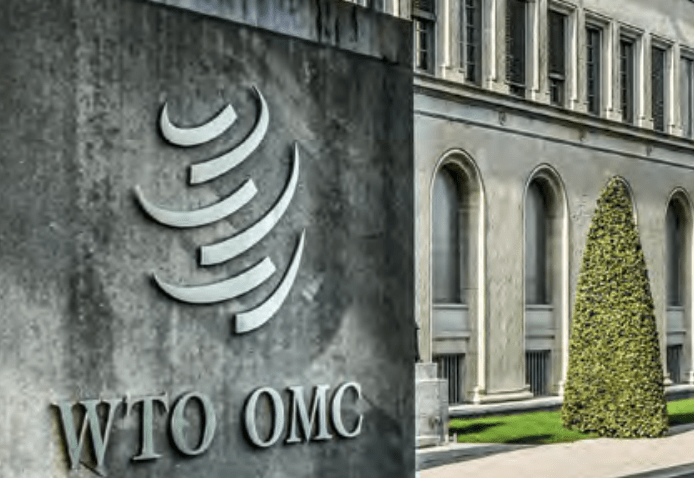WTO agreements on Foreign Direct Investment (FDI), fisheries and e-commerce will be part of the negotiations and agreements among the 164 WTO members at the 13th WTO Ministerial Conference (MC13) in Abu Dhabi, United Arab Emirates.
To begin with, ministers representing 123 WTO members issued a Joint Ministerial Declaration on Sunday marking the finalization of the text of the Agreement on Investment Facilitation for Development (IFD).
Unlike multilateral agreements, plurilateral agreements under the WTO are binding only on those members that have accepted them.
The DFI Agreement attaches great importance to improving the transparency of investment measures, streamlining and accelerating administrative procedures, and expanding cooperation and efforts focused on sustainable investment.
Moreover, the fisheries agreement, the subject of protracted talks since 2001, commits members to curbing certain harmful subsidies.
It was notable for being the only current multilateral negotiation within the WTO and the first to cover sustainability issues.
WTO members have continued talks on key issues left out of the agreement, particularly subsidies related to overfishing and overcapacity.
WTO Agreements
In June 2022, WTO members adopted the text of the WTO Agreement on Fisheries Subsidies, which includes several important disciplines, including prohibitions on subsidies to vessels or operators engaged in illegal, unreported and unregulated (IUU) fishing, subsidies to overfished stocks, and subsidies to unregulated high seas fishing.
Among the WTO agreements to be negotiated at MC13, February 26-29, are also extending a moratorium on e-commerce tariffs and a package of WTO responses to emergencies, covering food security, a World Food Program exemption from export restrictions, and intellectual property-related responses to the pandemic.
At MC13, members face decisions on priority issues left over from MC12, including the possibility of further extending the e-commerce moratorium; and bridging differences in the second phase of talks on fisheries and agriculture.

